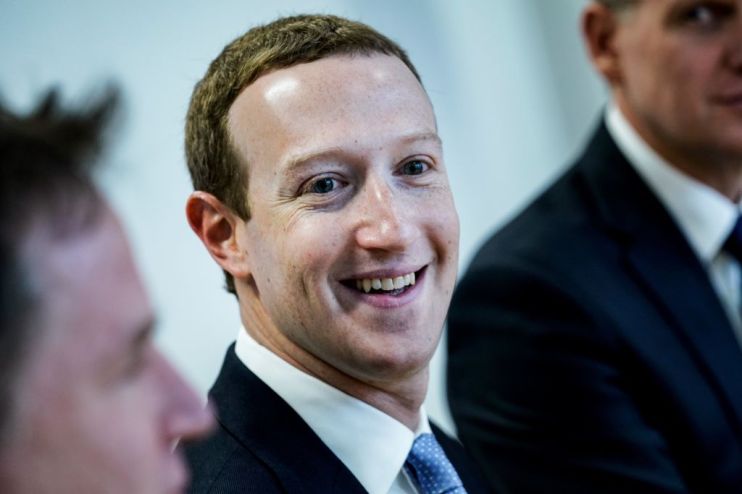Mark Zuckerberg: Facebook is in fake news ‘arms race’ against rival states

Mark Zuckerberg has said that Facebook is in an “arms race” to prevent misinformation from state actors as he defended his company’s crackdown on fake news about the Covid-19 crisis.
The social media boss said his firm was battling to prevent interference from countries such as Russia, Iran and China, and admitted it was “behind” in the 2016 US presidential election.
In a rare broadcast interview Zuckerberg said Facebook was now tackling a surge in fake news relating to coronavirus, but insisted the platform would remove any posts likely to cause “immediate and imminent harm”.
“Even if something isn’t going to lead to imminent physical harm, we don’t want misinformation to be the content that is going viral,” he told the BBC.
Dozens of phone masts across the UK have been vandalised in recent months amid a surge in online conspiracy theories falsely linking the virus to 5G technology.
The government, health authorities and the telecoms industry have all urged social media firms to do more to stamp out false information.
But Zuckerberg defended his company’s response, citing the removal of false claims about 5G from numerous groups and its crackdown on conspiracy theorist David Icke, who has spread incorrect information about the mobile technology.
The tech titan said Facebook’s independent fact checkers had issued 7,500 notices of misinformation since the start of the Covid-19 crisis, which had led to the site issuing 50m warning labels on posts.
“We know these are effective because 95 per cent of the time users don’t click through to the content with a warning label,” he said.
However, Zuckerberg said his company would allow the “widest possible aperture” of freedom of expression unless there was a real risk of harm to users.
Discussing political interference by rival states during the 2016 US presidential election, the Facebook chief admitted his company had been underprepared.
But he insisted the social media giant, which also owns Whatsapp and Instagram, was now better prepared than its rivals for future interference.
Zuckerberg also defended his level of personal control over the social media landscape through his controlling stake in Facebook.
He said the ownership structure had allowed Facebook to make longer-term strategic decisions and avoid selling out early.
“If it had been different then we would have sold out to Yahoo years ago and who knows what would have happened then,” he said.